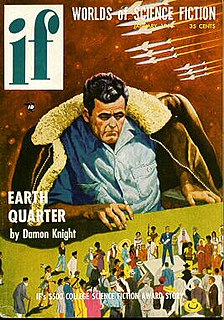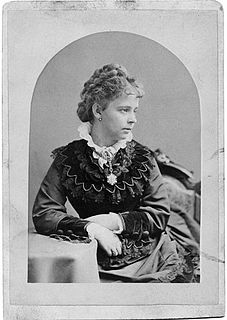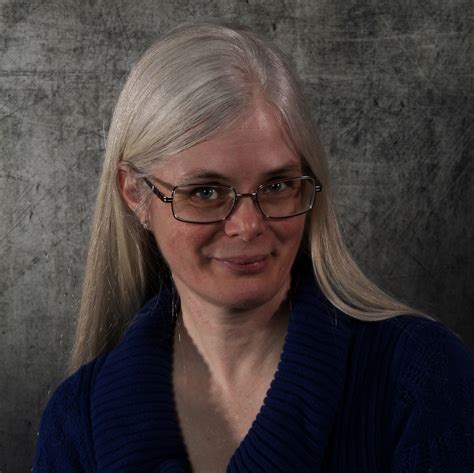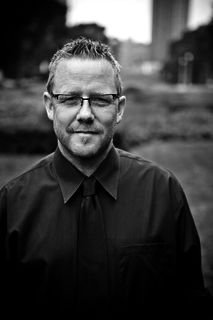A Quote by Damon Knight
As his talent expands, some of his stories become pointed social commentary; some are surprisingly effective religious tracts, disguised as science fiction. Others still are nostalgic vignettes, but under it all is still Bradbury, the poet of 20th-century neurosis.
Related Quotes
Muhammad Ali was unquestionably one of the greatest boxers of the 20th century and a sincere advocate for his religious beliefs. In his life, he defeated the best professional boxers of his era, some of them more than once, which meant he was easily forgiven the excesses of his ringside braggadocio.
The truth is that Trout, like Vonnegut and Ray Bradbury and many others, writes parables. These are set in frames which have become called, for no good reason, science fiction. A better generic term would be 'future fairy tales'. And even this is objectionable, since many science fiction stories take place in the present or the past, far and near.
Perhaps unsurprisingly, there's a paradox here! Kierkegaard's own indirect communication proposes that we start with the experience of those who don't believe and meet them on their own ground. His success in doing this is evidenced by the fact that, at least for some periods of the 20th century, aspects of his work became a major focus for radical thinkers of various kinds, including the non-religious and, interestingly, a significant number of Jewish thinkers (Buber, Rosenzweig, Taubes, and others).
God's ways do not change... Still he shows his freedom and lordship by discriminating between sinners, causing some to hear the gospel while others do not hear it, and moving some of those who hear it to repentance while leaving others in their unbelief, thus teaching his saints that hew owes mercy to none and that it is entirely of his grace, not at all through their own effort, that they themselves have found life.
Fiction writers come up with some interesting metaphors when speaking of plot. Some say the plot is the highway and the characters are the automobiles. Others talk about stories that are "plot-driven," as if the plot were neither the highway nor the automobile, but the chauffeur. Others seem to have plot phobia and say they never plot. Still others turn up their noses at the very notion, as if there's something artificial, fraudulent, contrived.


































